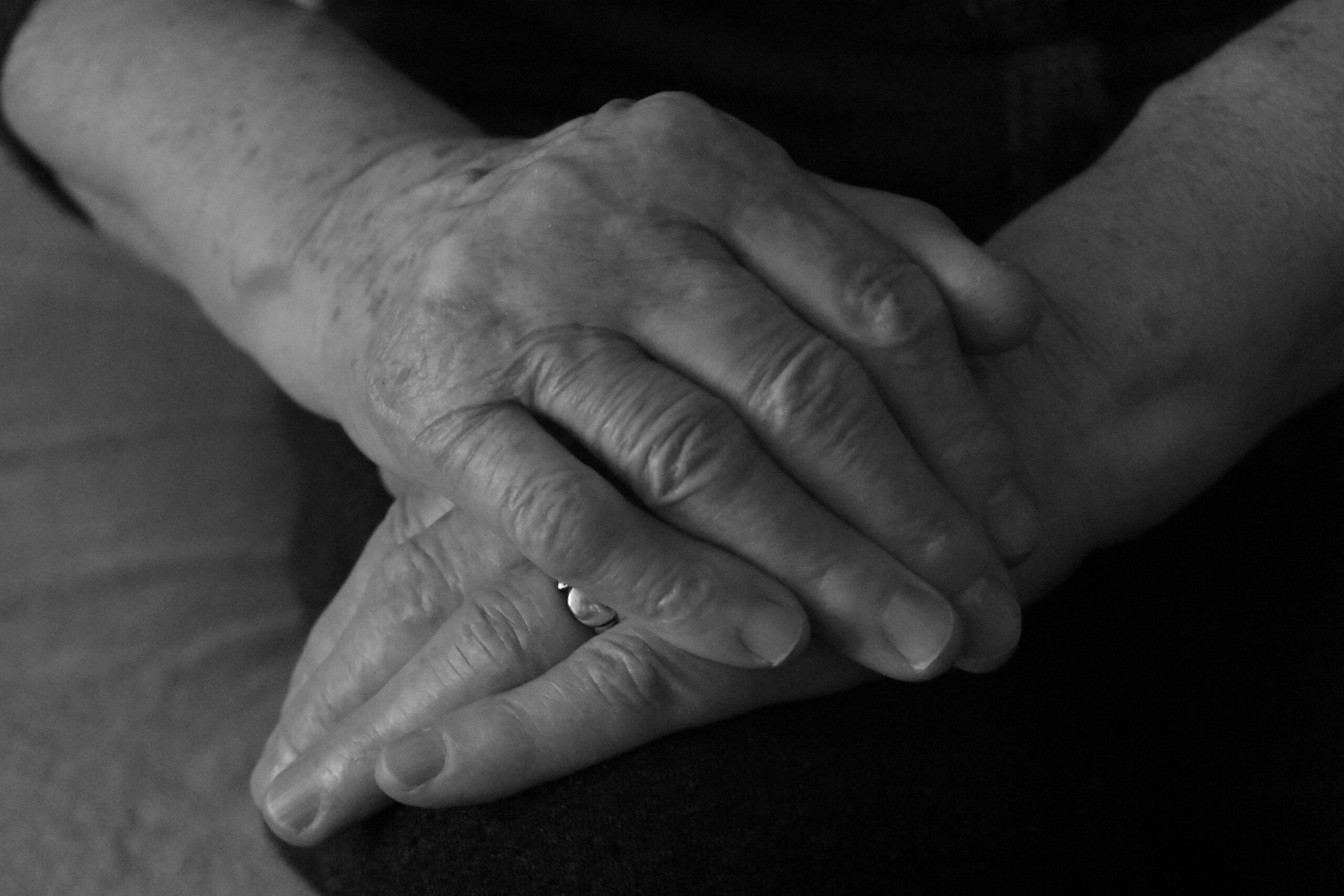The myth that the world’s oldest person attributed her longevity to a specific snack is debunked as Ethel Caterham reveals her true secret: a stress-free life.
Story Highlights
- Ethel Caterham is the world’s oldest living person at 116 years old.
- Longevity is attributed to avoiding stress, not specific dietary habits.
- Record validated by Guinness World Records and LongeviQuest.
- Media interest in longevity stories continues to grow.
Caterham’s Longevity: A Result of Lifestyle, Not Snacks
Ethel Caterham, recognized as the world’s oldest living person in May 2025, credits her remarkable longevity to maintaining a stress-free existence and avoiding arguments. Born on August 21, 1909, in Surrey, England, Caterham celebrated her 116th birthday this past August. Despite public fascination with dietary habits of supercentenarians, Caterham’s family emphasizes her preference for privacy and her focus on a peaceful lifestyle.
Her age has been validated by both Guinness World Records and LongeviQuest, making her the last known person born in 1909. Caterham’s recognition came after the passing of Sister Inah Canabarro Lucas, who previously held the title. While the media is eager to uncover secrets to her long life, Caterham remains firm in her belief that stress management is key, not any particular food or snack.
The world's oldest living person, Ethel Caterham of England, celebrates her 116th birthday. pic.twitter.com/UjAVUaWYRW
— Fox News (@FoxNews) August 23, 2025
The Media’s Role in Longevity Narratives
The media’s continued interest in stories of extreme longevity is driven by public curiosity about the secrets of a long life. However, experts, including gerontologists, point out that longevity is more often linked to genetics and lifestyle rather than any specific dietary habits. This perspective is supported by research showing varied diets among supercentenarians, debunking the myth of a universal longevity food.
Despite the lack of dietary specifics from Caterham, her story inspires ongoing research into aging and healthy living. The media’s portrayal of longevity often simplifies complex factors into digestible narratives, but experts urge a focus on validated evidence over sensationalized claims. Such stories can inadvertently mislead the public if they emphasize unverified details.
Watch: Ethel Caterham Becomes World’s Oldest Living Person at 115 | The Daily Guardian
Implications for Longevity Research
Caterham’s case highlights the importance of stress management as a factor in achieving a long life. Her story also underscores the role of accurate record-keeping by organizations like Guinness World Records and LongeviQuest, ensuring public interest is matched by factual information. As public interest in longevity grows, the focus on healthy aging and stress reduction continues to gain prominence. Researchers are encouraged to explore these aspects further, contributing to a broader understanding of human aging.
Overall, while media narratives often seek simple answers to complex questions, Ethel Caterham’s life serves as a testament to the value of a balanced, stress-free existence over chasing mythical dietary secrets. Her legacy, validated by authoritative bodies, offers a realistic perspective on aging that resonates with those seeking longevity through practical lifestyle choices.
Sources:
Ethel Caterham Becomes Oldest Person Alive: What’s Her Secret?
World’s Oldest Living Person Celebrates 116th Birthday
Oldest Person Living
Oldest People











